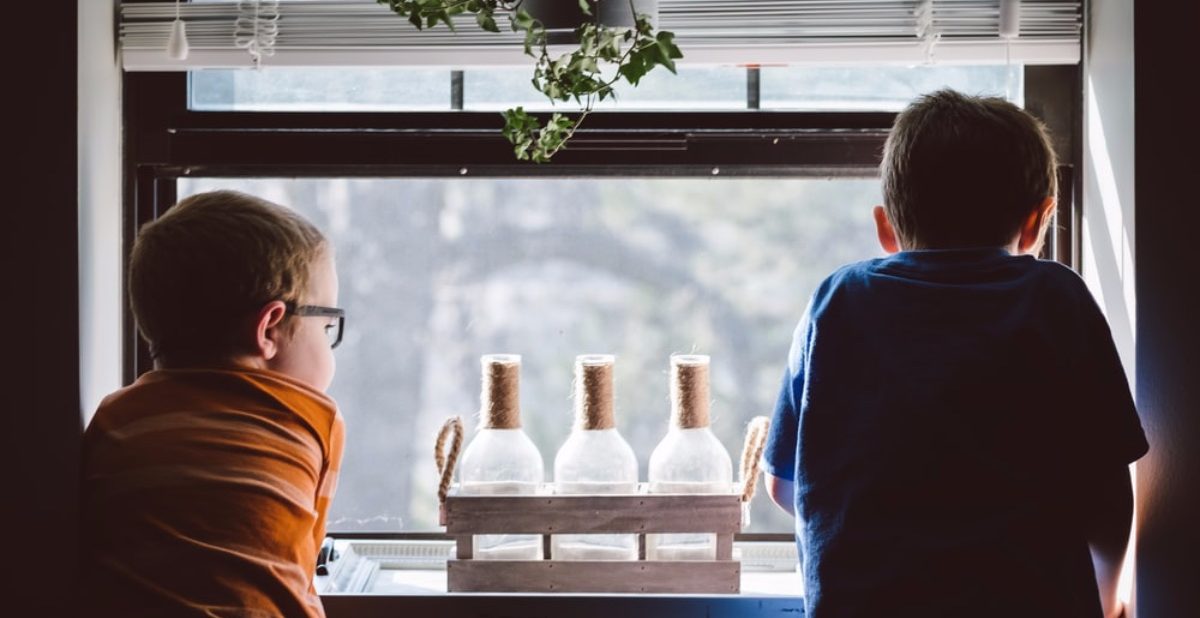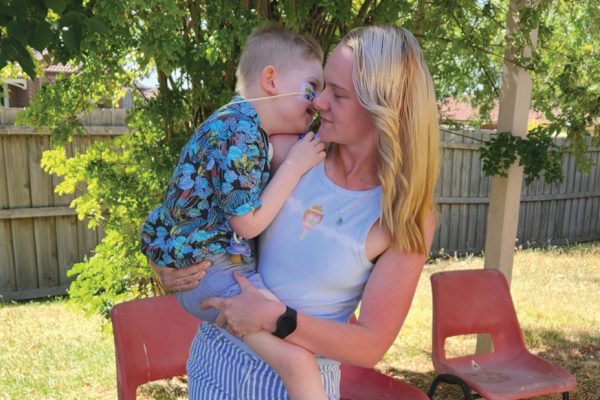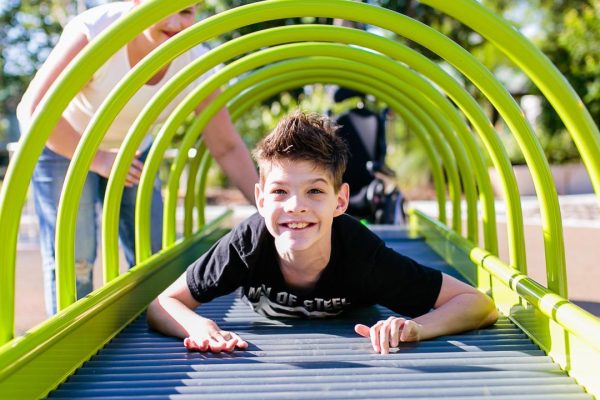
Ways parents can support siblings of children with a disability
Even in the most loving and caring of families, with so much time and energy needed for the child with a disability, it can be easy for the other children to feel overlooked.
Many families say that the journey shared with a child with a disability has enriched their lives in ways they could never have anticipated, but there are also challenges. It can be difficult for parents to juggle the needs of the whole family.
There are some quite simple things that parents can do to make things a little
easier for siblings. And first up, it is about understanding what some of the challenges for siblings might be. Often, they experience similar stresses to parents, but without the same maturity to cope. There may be confusion about what is happening around them and the mix of feelings they might have. They might feel sad, guilty, anxious or resentful. They might fear for the safety of the child with disability or, in some cases, safety for themselves or other family members, if the child has aggressive behaviours. They might be upset by other children’s responses to them or their brother or sister with disability.
Sometimes siblings will behave in ways that show they might be worried or anxious. For example, they might withdraw a little, spending more time in their room, or if they are younger, they might become more ‘clingy’ to parents. They might become the ‘good child’, trying to make things right and ease the stress on parents. But this can sometimes have impacts on their physical health – they might get tummy aches or headaches or have trouble sleeping. On the other hand, some siblings ‘act up’, either in an effort to gain attention or as an outlet for any difficult feelings.
If siblings are supported, however, they can develop a range of positive qualities, things like compassion, understanding of differences and skills in supporting others who may need help.
SO, HOW CAN PARENTS SUPPORT SIBLINGS?
• It is helpful to give them information at a level that they can understand, and this can be more detailed as they become older. Let them know that they can ask any questions.
• Help them to express their feelings – let them know that any feeling is okay but not all behaviour is okay. For example, it is understandable that they feel upset or angry that a picnic needs to be cancelled at the last minute because of the needs of the child with disability, but it is not okay to break things or say nasty things to their brother or sister.
• Help them to learn ways to let out their feelings. Some children like to do something active like throwing basketball hoops or kicking a ball, others like listening to relaxing music, drawing or writing ina journal – explore with your child what works for them.
• Let them know you understand it can be di cult at times for them as a sibling.
• Some responsibility is good for children – it can add to their sense of self-worth – but ensure this doesn’t become too much of a worry to them and that they are not missing out on things that are important to their own development.
• Sometimes siblings will be upset by others’ reactions. Help them learn ways to respond in ways that they are comfortable.
• Help them make contact with other siblings – having fun and sharing experiences with kids who understand can be enormously helpful for siblings.
Ultimately, happy healthy families listen to and respect each other. Each member feels appreciated and it is understood that everyone has strengths and weaknesses, and that everyone is important. They find time for each other, have fun together, share interests but also allow for independence of all members.
For more information:
Siblings Australia has a number of resources and services to help parents, including via the parent page online at siblingsaustralia.org.au/ parents/
In addition, there are one-on-one parent information sessions on support for siblings and these can be claimed through the NDIS. Parent or professional workshops and webinars can also be held.
Siblings: Brothers and Sisters of Children with Disability Revised edition. (Wakefield Press) can be a useful book for both parents and professionals – a good resource to have in agency libraries for parents to borrow. It can be ordered online or via Siblings Australia.
The Sibworks program is especially designed for young sibs to come together and share their experiences while having fun.








